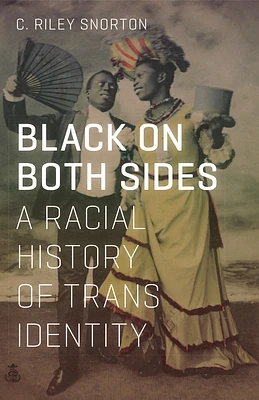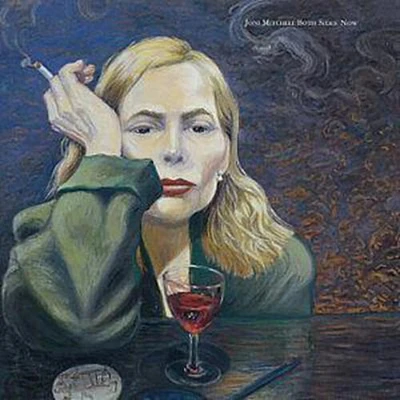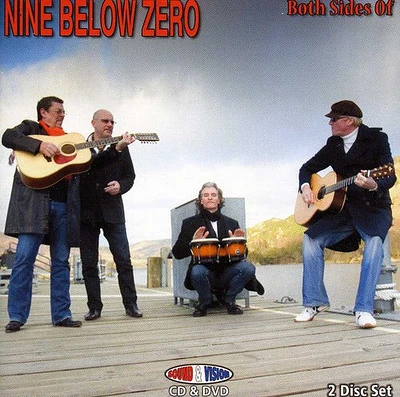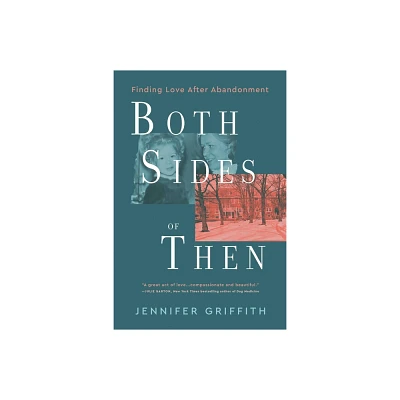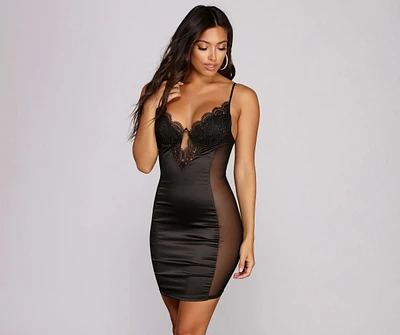Home
Black on Both Sides
Loading Inventory...
Barnes and Noble
Black on Both Sides
Current price: $11.89


Barnes and Noble
Black on Both Sides
Current price: $11.89
Loading Inventory...
Size: CD
*Product Information may vary - to confirm product availability, pricing, and additional information please contact Barnes and Noble
Mos Def
's partnership with
Talib Kweli
produced one of the most important
hip-hop
albums of the late '90s, 1997's brilliant
Black Star
. Consciously designed as a return to
rap
's musical foundations and a manifesto for reclaiming the art form from gangsta/playa domination, it succeeded mightily on both counts, raising expectations sky-high for
's solo debut. He met them all with
Black on Both Sides
, a record every bit as dazzling and visionary as
.
strives to not only refine but expand the scope of
's talents, turning the solo spotlight on his intricate wordplay and nimble rhythmic skills -- but also his increasing eclecticism. The main reference points are pretty much the same --
old-school rap
, which allows for a sense of playfulness as well as history, and the
Native Tongues
posse's fascination with
jazz
, both for its sophistication and cultural heritage. But they're supported by a rich depth that comes from forays into
reggae
(as well as its aura of spiritual conscience),
pop
,
soul
funk
, and even
hardcore punk
(that on the album's centerpiece,
"Rock n Roll,"
a dissection of white America's history of appropriating black musical innovations). In keeping with his goal of restoring
's sociopolitical consciousness,
Def
's lyrics are as intelligent and thoughtfully crafted as one would expect, but he doesn't stop there -- he sings quite passably on several tracks, plays live instruments on others (including bass, drums, congas, vibraphone, and keyboards), and even collaborates on a string arrangement. In short,
is a tour de force by an artist out to prove he can do it all. Its ambition and execution rank it as one of the best albums of 1999, and it consolidates
's position as one of
's brightest hopes entering the 21st century. ~ Steve Huey
's partnership with
Talib Kweli
produced one of the most important
hip-hop
albums of the late '90s, 1997's brilliant
Black Star
. Consciously designed as a return to
rap
's musical foundations and a manifesto for reclaiming the art form from gangsta/playa domination, it succeeded mightily on both counts, raising expectations sky-high for
's solo debut. He met them all with
Black on Both Sides
, a record every bit as dazzling and visionary as
.
strives to not only refine but expand the scope of
's talents, turning the solo spotlight on his intricate wordplay and nimble rhythmic skills -- but also his increasing eclecticism. The main reference points are pretty much the same --
old-school rap
, which allows for a sense of playfulness as well as history, and the
Native Tongues
posse's fascination with
jazz
, both for its sophistication and cultural heritage. But they're supported by a rich depth that comes from forays into
reggae
(as well as its aura of spiritual conscience),
pop
,
soul
funk
, and even
hardcore punk
(that on the album's centerpiece,
"Rock n Roll,"
a dissection of white America's history of appropriating black musical innovations). In keeping with his goal of restoring
's sociopolitical consciousness,
Def
's lyrics are as intelligent and thoughtfully crafted as one would expect, but he doesn't stop there -- he sings quite passably on several tracks, plays live instruments on others (including bass, drums, congas, vibraphone, and keyboards), and even collaborates on a string arrangement. In short,
is a tour de force by an artist out to prove he can do it all. Its ambition and execution rank it as one of the best albums of 1999, and it consolidates
's position as one of
's brightest hopes entering the 21st century. ~ Steve Huey
